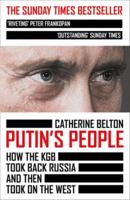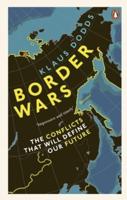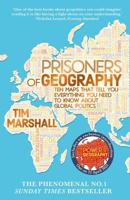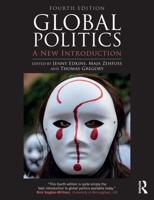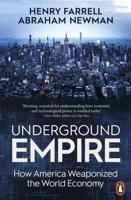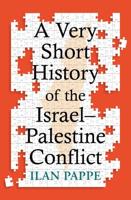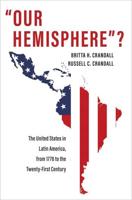Publisher's Synopsis
International organizations play an important, if imperfect, role in world politics, solving collective action problems in security, economic, environmental, and global health among others. While many believe that international organisations have formed critical pillars of global governance, sceptics contend that they reflect the power politics of the day and the interests of hegemonic powers. This volume examines whether international organizations contribute to or detract from peaceful change, acting as agents of both status quo and stasis. Providing a historical overview of international organizations, from the nineteenth century to the current day, a team of leading scholars offer an overview of how major theoretical approaches - Liberalism, Constructivism, Rationalism and Realism - have contributed to our understanding of the role played by international organizations in peaceful change. In particular, the roles of the United Nations General Assembly, UN Peacekeeping, UN Environment Program, World Health Organization, World Trade Organization and G20 are analysed.


